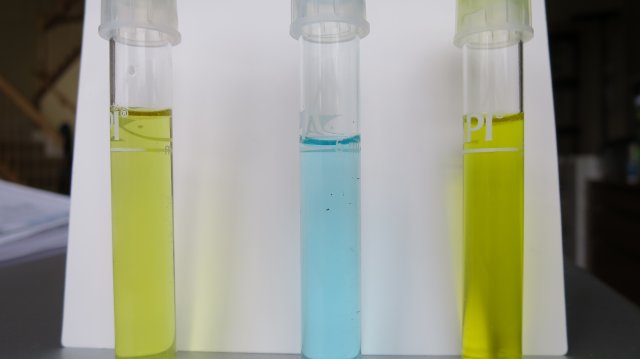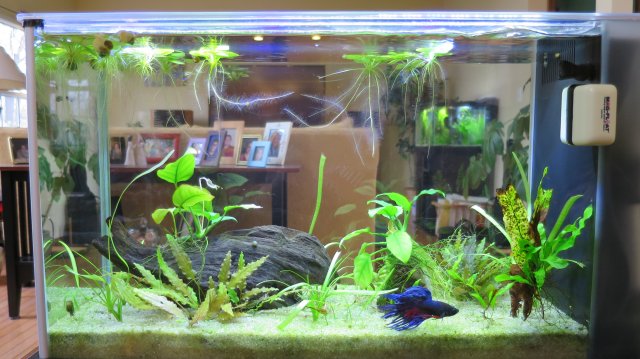Will MTS get along ok with my ramshorn and apple snails? Do you think adding another snail species will cause snail "overload"?
Sent from my HTCEVOV4G using MonsterAquariaNetwork App
Ramshorns are capable of causing snail overload all by themselves. If you're able to keep them in check, then you're good in that area. They share a similar niche, so you may need to feed them more (which will increase the bioload) because they'll be competing... I don't know if one species is capable completely starving out the other or not...




